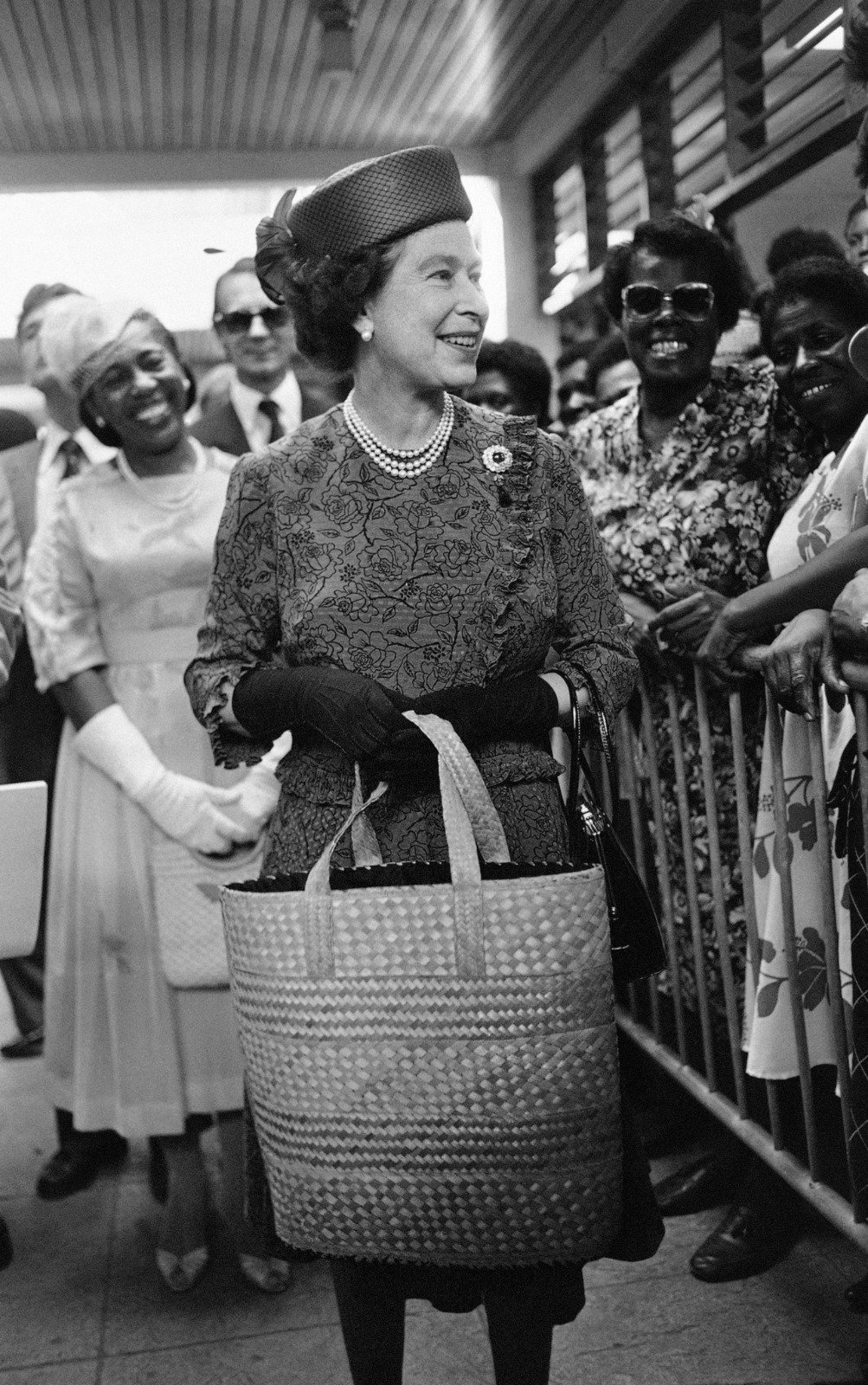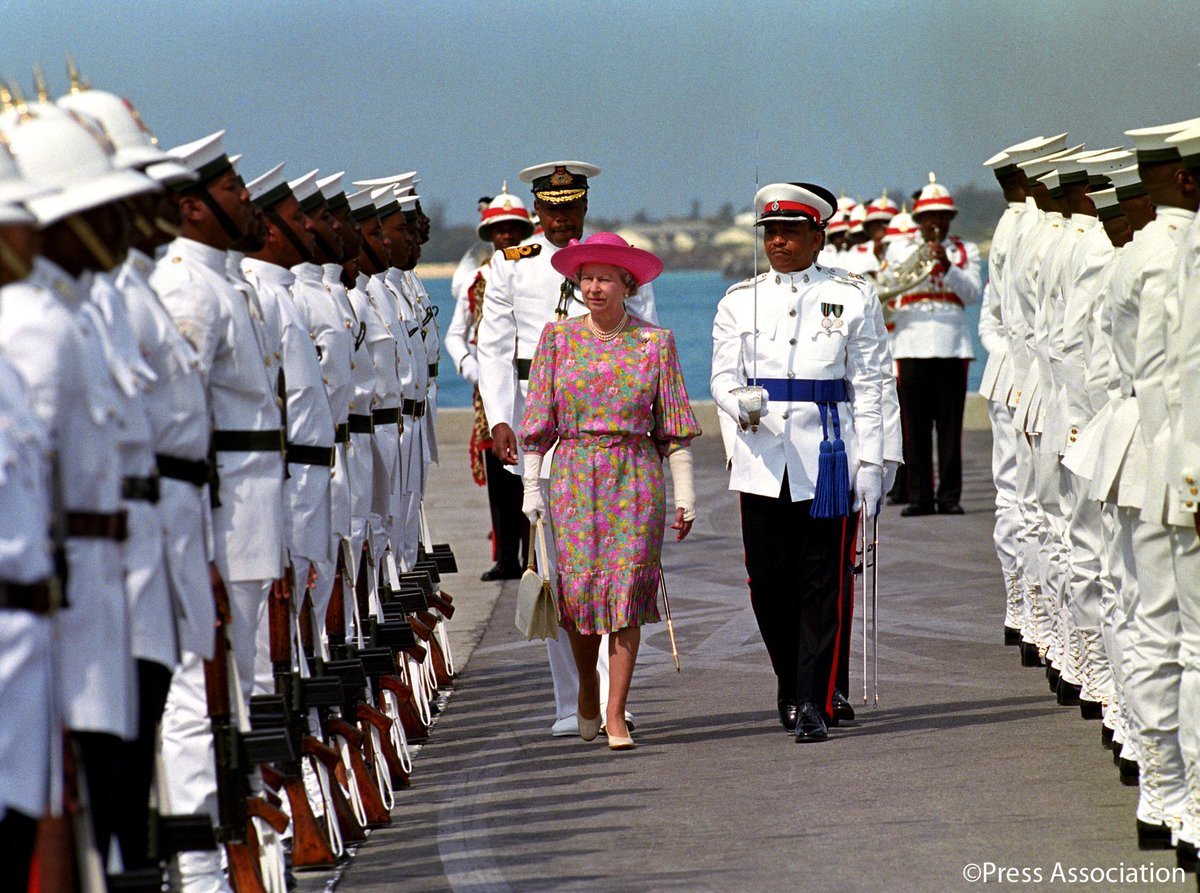NASSAU, BAHAMAS — Queen of the United Kingdom, the Commonwealth of The Bahamas, and more than a dozen other sovereign countries, Elizabeth II has died at 96.

Queen Elizabeth was Britain’s longest-reigning monarch having celebrated her Platinum Jubilee marking 70 years on the throne earlier this year.
She was reportedly plagued by health problems that included mobility issues since October last year.
In a statement this morning, Buckingham Palace said her doctors were “concerned” for her health and recommended that she remain under medical supervision at Balmoral.
The Royal Family announced that she died peacefully at Balmoral sometime after 1pm.
Her husband, Greek prince Philip Mountbatten, died in April 2021. He was 99 years old.
The Bahamas was under British rule for nearly 200 years before it was granted its independence on July 10, 1973.
Queen Elizabeth II remains the monarch and head of state, though her powers are largely symbolic as she is not involved in day-to-day governing, a constitutional role of the elected Parliament and prime ministers.
She was also the queen of 14 other realms including the United Kingdom, Australia, Canada, New Zealand, Jamaica, Antigua and Barbuda, Belize, Grenada, Papua New Guinea, Solomon Islands, St Kitts and Nevis, St Lucia, St Vincent and the Grenadines, and Tuvalu.
She married Philip, a navy lieutenant, in 1947, and they had four children: Prince Charles, Princess Anne, Prince Andrew, and Prince Edward.
Queen Elizabeth ascended the throne in 1952 following the death of her father King George VI, and was crowned the following year in the first televised coronation.
According to Reuters, she surpassed her great-great-grandmother’s record of 63 years in September 2015. The royal line dates back to Norman King William the Conqueror in 1066.

(Photo: Bride Lane Library)
Her oldest son Charles, 73, currently the Prince of Wales, is expected to be named King.
The Duke and Duchess of Cambridge Prince William and Kate Middleton represented the queen during a visit in March as part of celebrations to mark her Platinum Jubilee.
The tour inflamed anti-colonial sentiment in the region with calls for reparations and the severing of ties with the Commonwealth by seeking to become a republic.
Prince William expressed his support for The Bahamas’ decision about its future at a special reception during the visit.
While acknowledging the country’s upcoming 50 years of independence, he said: “We support with pride and respect your decision about your future. Relationships evolve. Friendship endures.”
During a visit in March 2012, her grandson Prince Harry maintained The Bahamas holds a special place in his grandmother’s heart. At the opening of a photo exhibition to mark her Diamond Jubilee, Prince Harry said: “Her love for this realm and you, the Bahamian people stretches back over the decades, right to that first visit in 1966.
Prince Harry continued: “During the sixty years of my Grandmother’s reign, the Bahamas has flourished: in education, where 90 percent of your teachers are Bahamian-trained; in sport, where you plan to send a team to London for the Olympics; your development and infrastructure, which has seen such rapid growth, both in public works and such forward-looking projects as The Elizabeth Estates, which are named after my grandmother. These provide good, low-cost housing to Bahamian families.”
He added the country’s motto “encapsulates The Queen’s extraordinary life-long commitment to service and community: ‘Forward, Upward, Onward, Together.’”






